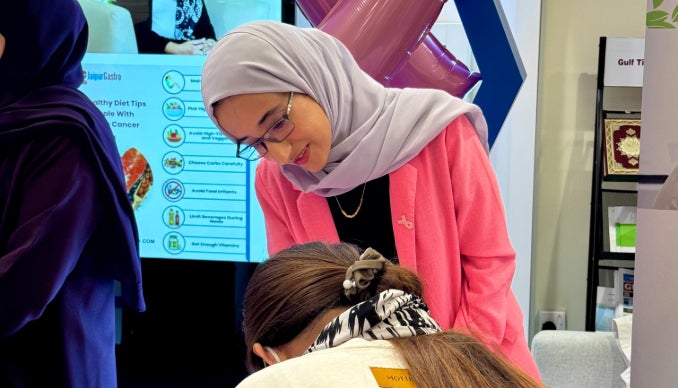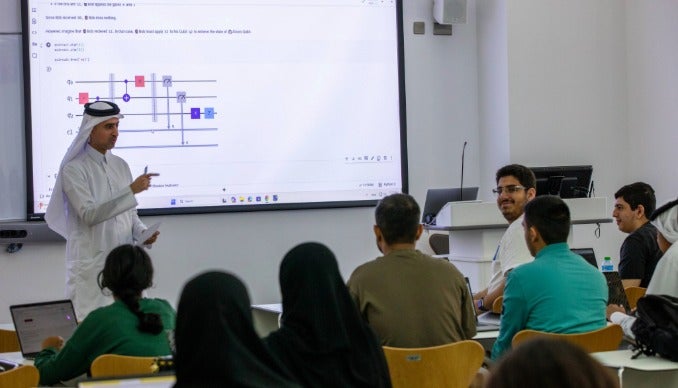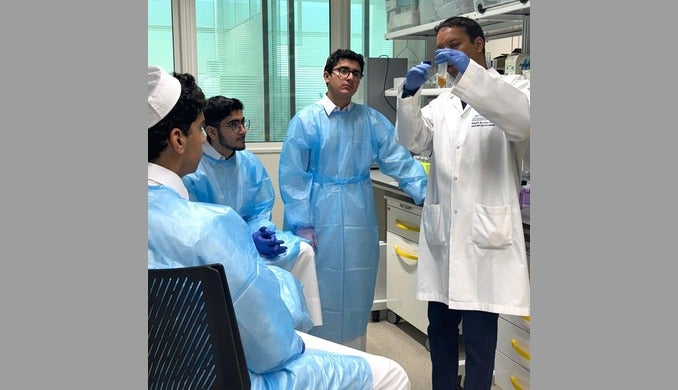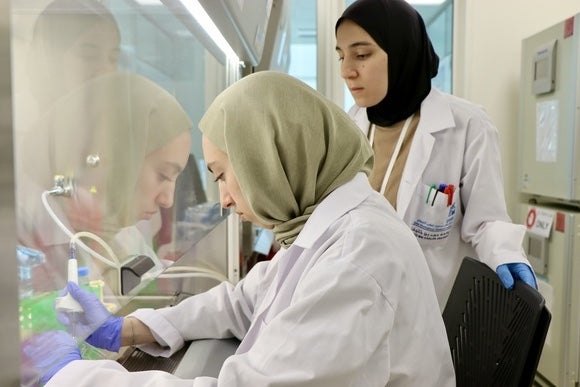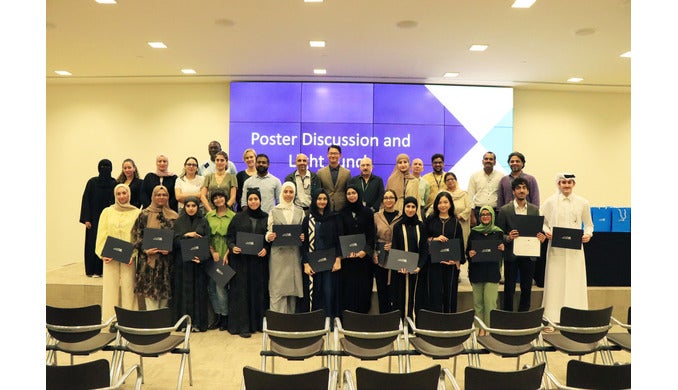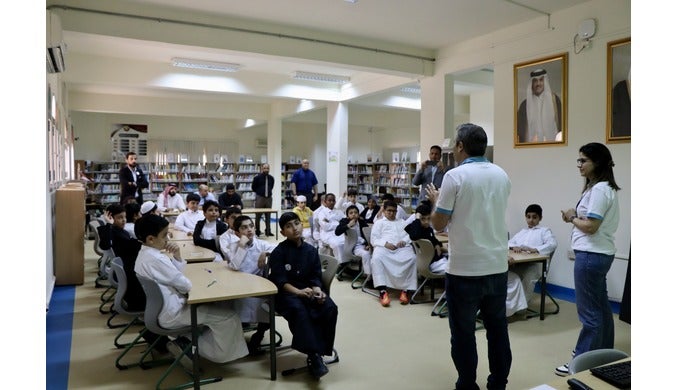Online event provided updates on projects using stem cells to treat diabetes
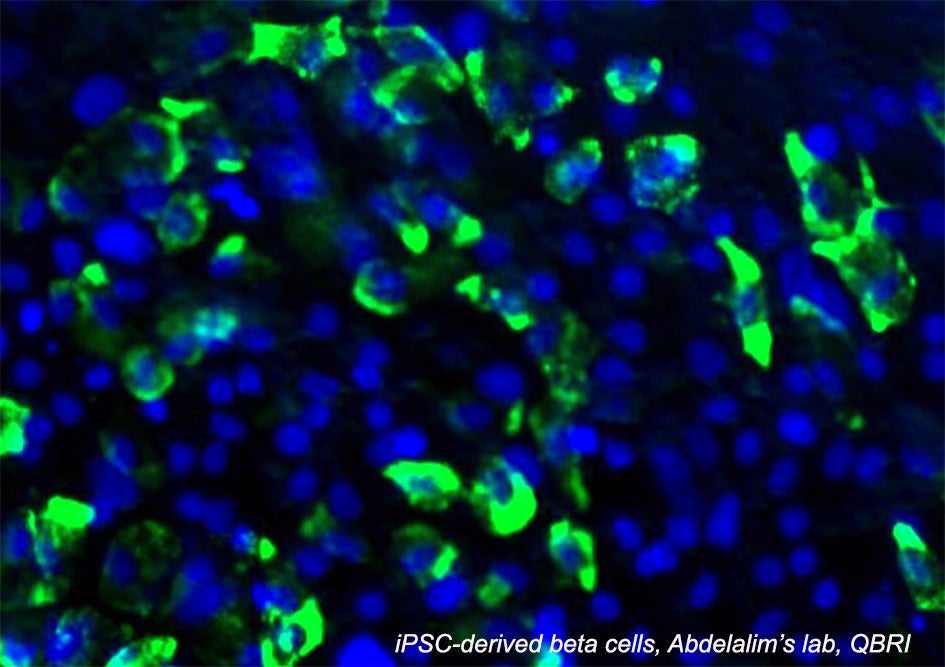
As part of its Joint Training and Research Collaboration Program with Harvard Stem Cell Institute (HSCI), Qatar Biomedical Research Institute (QBRI) at Hamad Bin Khalifa University (HBKU) recently organized a symposium on the use of cell therapies to treat diabetes.
Held online on October 28 and 29, the second annual Research Collaboration Symposium brought together scientists from both institutions to discuss their research activities. These typically fall within the program’s four research projects and reflect its commitment to training Qatari scientists in using stem cells for diabetes research. To this end, additional presentations were made by young scientists engaged in projects with QBRI’s Diabetes Research Center (DRC).
“Since founding the Joint Training and Research Collaboration Program in 2018, excellent progress has been made across our projects,” said Dr. Lawrence Stanton, Scientific Director of QBRI’s Neurological Disorders Research Center and Chair of QBRI’s Scientific Advisory Committee for this joint program. “In this respect, the symposium was a chance for the broader scientific community at QBRI and HSCI to exchange ideas.”
Dr. Paul Thornalley, Scientific Director, DRC, noted: “This was a wonderful opportunity for young scientists at QBRI to share their latest findings with experts in the field of diabetes.”
The Research Collaboration Symposium also featured two keynote talks presented by HSCI faculty. In “Using Stem Cells to Make Islets for Diabetics,” Dr. Douglas Melton, Co-Director of Research at HSCI, provided a visionary talk on developing cell therapies for diabetics. This was followed by “Lineage Tracing on Transcriptional Landscapes,” in which Dr. Allon Klein, Associate Professor at Harvard Medical School, delivered a cutting-edge talk on applying new single-cell technologies to understand developmental biology.
After his talk, Dr. Melton affirmed the ongoing success of the initiative, saying: “The joint program between HSCI and QBRI has made excellent progress over the first two years and it is poised to make a significant impact on developing cell therapies for diabetics.”
Dr. Omar El Agnaf, Executive Director, QBRI, commented after the symposium: “Our ongoing collaboration with HSCI is a central component of QBRI’s diabetes research program. The annual symposium is always an exciting event as it fosters stronger ties between both organizations and stimulates scientific interchange amongst scientists with a shared interest to treat diabetes using stem cell-based approaches.”
For more information on the work of Qatar Biomedical Research Institute, please visit http://qbri.hbku.edu.qa.
Related News





